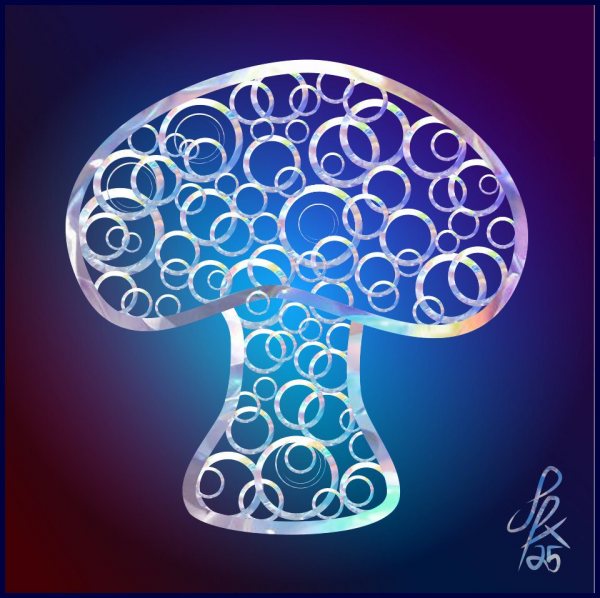Metaphor Teaching Story

The Masterpiece
by Silvia Hartmann
What do you think of when you hear that word, "a masterpiece"?
Interestingly, this word has shifted across in general usage from its original meaning to something that it sort of isn't or wasn't supposed to be.
People tend to think of a masterpiece as the last word on a topic. That's it, that's the best a man can get ... he's created the definitive masterpiece ...
But actually, that's NOT what a masterpiece is.
A masterpiece gets its name from a piece of work DONE BY AN APPRENTICE WHO ASPIRES TO BECOME A MASTER.
It is therefore, not an OUTCOME or not only an outcome, but an outcome that is at the same the starting point to a whole LIFETIME'S work that lies BEYOND THE MASTERPIECE.
So, in the olden days, someone who would have studied the art of fine furniture making for a long time would make one single piece, a MASTERPIECE, in which they would bring together all and everything they had learned along the line.
This object would often be a miniature version of a real practical object someone from that trade would eventually be making IF AND WHEN they got to be practising their craft as a master, such as a jewellery box.
Now this object would show in practise and in use that the person who made it could enamel, engrave, choose woods correctly and match different kinds of woods, deal with a variety of metal, stone, amber and bone inlays; that he had the highest technical skills in polishing and finishing, but also the greatest precision in the BASICS of the craft - the miniature dove tail joints would have to be exquisite and the object would have to WORK perfectly in every way.
Now, to make such a thing, one thing that shows ALL you have learned about your craft, takes time and volition, immense skill and indeed, mastery of the tools and materials of the trade.
That's exactly what it is for, because this "potential masterpiece" will be shown to the other existing masters of the craft, and they will check it out most thoroughly,
From the overall beauty and symmetry of the object itself, across all the levels and into the finest detals of each and every fitting, every decoration, the masters will test the box for form AND function.
Only if they are satisfied in all ways, as well as in the CARE that has been afforded in the construction of this small jewellry box, will they declare this to be a master piece and accept the apprentice to have become a peer.
To attempt to make a true masterpiece is a most fascinating challenge to a single human being, regardless of their fields of endeavour.
It serves many purposes.
For one, it finally ENDS THE LONG APPRENTICESHIP.
The learner ceases to be one that is taught by others, and now their learning is their own - exploration BEYOND THE BASICS OF THE CRAFT.
Here now is a direct feedback device which PRACTICALLY exists to prove the point - yes, I have learned and studied, and yes, I can DO the things I learned; further, YES, I can do those things to the very highest standard.
Without the practical and actual completion of a masterpiece, an apprentice may THINK OR BELIEVE that they are as good or better than the masters who taught them - but the reality proof is missing, and without it, certain circuits cannot and will never line up or light up correctly.
It is further a form of resolution.
In the construction of the masterpiece, ALL THE OLDEST LESSONS have to be revisited ONE MORE TIME, from the new vantage point and applied with MASTERY.
This serves as a very practical REVIEW of all that was learned but more so, also serves as an integration process into the NOW - it was learned THEN and is being applied NOW.
This makes both thought processes of knowledge as well as practical applications skills CURRENT AND CURRENTLY AVAILABLE all at the same time - even though it might have taken MANY YEARS to acquire all the skills, and all the knowledges.
But lastly and perhaps most importantly, the masterpiece opens the doors to a whole new world of exploration - for mastery is a journey of the individual, no longer riding the tour bus with all the other apprentices and taking part in the standard lessons, but setting their own goals now of learning and discovery, as well as SETTING THEIR OWN CHALLENGES.
That is what being a master is all about.
To be the master of one's own destiny and endeavour, craft and field and to have taken one's own development now into one's own hands.
The master becomes the final authority on their own development, on their own path, on their own contribution.
In this extraordinary way, the masterpiece itself is a goal and a starting point all at the same time.
It is a very powerful metaphor of personal actualisation, and for a person who begins to think about the masterpiece that THEY will be creating for real, and regardless of whether this should be a relationship, a garden or a statue, a small jewellery box or a book, a symphony or a simple wooden chair, it is in the DECISION TO ATTEMPT a masterpiece that the change from apprentice to the master they will become in truth begins.
It is a high challenge, to be sure, and many people feel they are not ready, and this is of course, as it is.
However, to know that such a challenge exists at all, and to really understand that it is there for us to rise to if we desire to do such a thing, is heartening and inspiring both.
Here's to YOUR masterpiece.
© Silvia Hartmann 2004
|
 "So much to explore, so much to create, so much infinite time to do it all in Project Sanctuary." Barbara Saph
"So much to explore, so much to create, so much infinite time to do it all in Project Sanctuary." Barbara Saph











